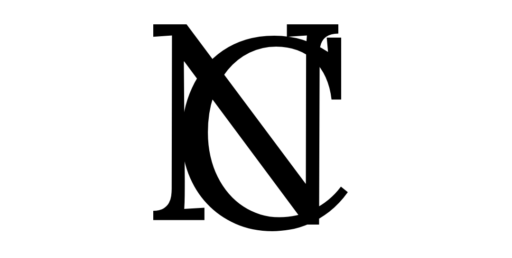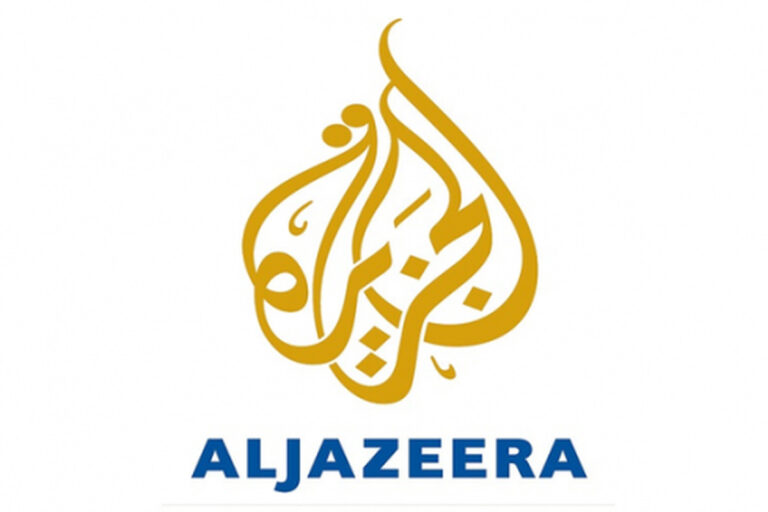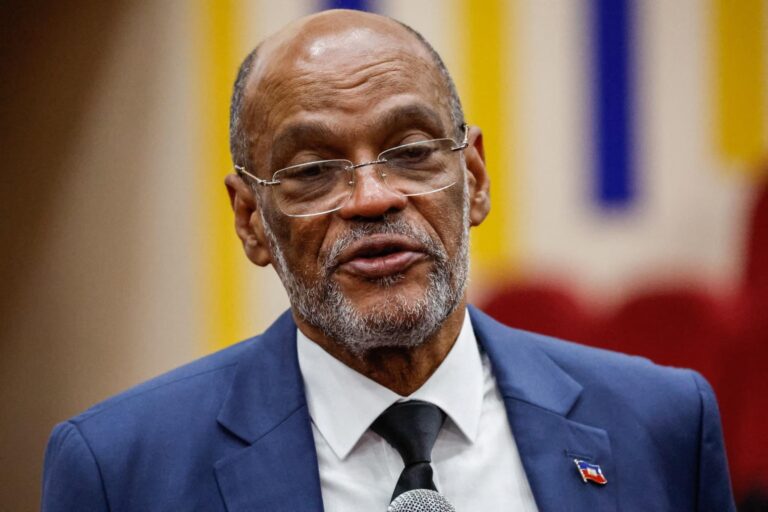International Court of Justice Orders Israel to Prevent Genocide in Gaza, Calls for Urgent Measures
The International Court of Justice (ICJ) has directed Israel to “take all measures within its power” to prevent acts that could amount to genocide against Palestinians in the Gaza Strip. The ruling, welcomed by rights advocates and legal experts, emphasizes the need for Israel to avoid civilian deaths and facilitate the delivery of humanitarian aid.

While the ICJ stopped short of ordering an immediate ceasefire, the court instructed Israel to desist from killing Palestinians in violation of the genocide convention, punish incitement of genocide, and ensure the provision of urgent basic services. The ruling has renewed pressure on Israel to comply, although the court lacks enforcement powers.
International reactions have been mixed, with South Africa’s president, Cyril Ramaphosa, urging Israel, as a self-proclaimed democracy, to abide by the measures. Germany, the EU, and Turkey also called for compliance. However, Israel’s Prime Minister, Benjamin Netanyahu, expressed satisfaction that the court did not mandate a ceasefire, emphasizing Israel’s commitment to international law and its inherent right to self-defense.
The United States, Israel’s staunch ally, reiterated its belief that allegations of genocide were unfounded. The ICJ judge, Joan Donoghue, highlighted Israel’s impact on Gaza’s civilian population, urging immediate action to prevent further deterioration of the catastrophic humanitarian situation.
More than 1% of Gaza’s population has been killed, and the majority displaced by Israel’s bombing, which began after attacks by Hamas in October. The ICJ’s measures also require Israel to preserve evidence of alleged genocide and report to the court within a month.
The ruling is not a final determination of whether Israel committed genocide but indicates a credible risk under the 1948 genocide convention. Israel hired a strong legal team to rebut the case, and the court’s decision has sparked global calls to suspend weapons transfers to Israel.
South Africa hailed the ICJ’s provisional measures as a “decisive victory” for the international rule of law. The court’s decision adds pressure on countries, including the US and the UK, to reconsider arms transfers to Israel. Critics argue that supplying arms may implicate nations in potential war crimes, emphasizing the obligation to prevent genocide under international law.







